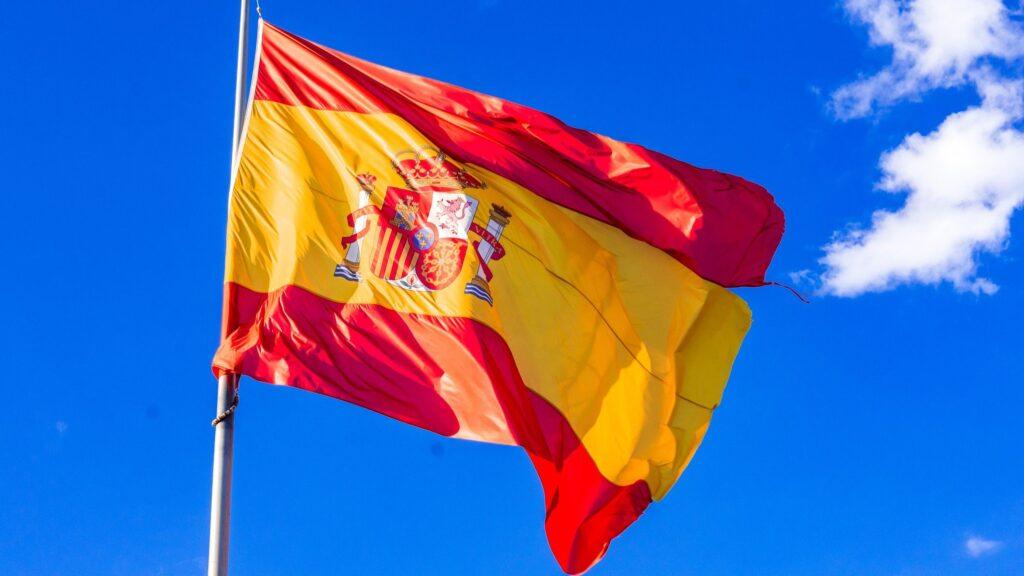- Proton VPN Free recorded a 2,500% increase in sign-ups in Spain
- The increase coincides with new IP blocks pushed by LaLiga to combat illegal streaming
- The block also affected legitimate services, with users turning to VPNs to restore access
A dramatic increase in new users for one of the top VPN providers has highlighted the growing battle for internet freedom in Spain.
In a post on X, Switzerland-based Proton VPN announced that it had seen a 2,500% increase in sign-ups to its free VPN service from users in the country, which coincided directly with the implementation of new, far-reaching anti-piracy measures.
The massive influx of users is a direct response to a government-backed crackdown on illegal streaming, driven heavily by the country’s top soccer league, LaLiga.
Spanish courts have given LaLiga the power to order internet service providers (ISPs) to block IP addresses and services suspected of facilitating piracy. However, the aggressive nature of these blocks causes significant security damage, affecting legitimate Internet users and services.
Thousands of Spaniards are now using privacy tools like Proton VPN to bypass blocks and regain access to the open internet. Proton’s secure, free service has become a popular choice for those affected by the new restrictions.
TechRadar has reached out to Proton for further comment on the situation, but we are still awaiting a response at the time of publication.
Spain’s heavy-handed IP blocking
The crux of the issue stems from the dynamic and broad nature of the new blocking orders.
In its efforts to stamp out unauthorized streaming of soccer matches, LaLiga has not only targeted specific pirate sites, but also the underlying infrastructure they use. This has included forcing ISPs to block dynamically DNS providers, such as the popular service No-IP.
As reported by TorrentFreak, these measures mean that any website or service using the targeted infrastructure will be inaccessible to most of the Spanish population.
Cloudflare is being blocked across Spain, leaving many unable to access game servers (ie Blue Protocol), streaming services and many other parts of the internet. The following graph shows a brief 200% increase in free Proton VPN signups originating in Spain as a result. pic.twitter.com/wN6MG2o4YW22 October 2025
Dynamic DNS is a legitimate tool used by countless individuals and small businesses for everything from remote access to home computers to hosting personal websites. By blocking the entire service, anti-piracy effectively throws the baby out with the bathwater, limiting access to a wide range of legal content and services.
This is the latest chapter in an ongoing battle over the best way to deal with online piracy, with technology companies such as Cloudflare previously embroiled in disputes over blocking measures in both Spain and the UK.
Experts have repeatedly warned against using core internet infrastructure, such as DNS resolvers, as a tool for censorship, arguing that it sets a dangerous precedent and leads to the kind of over-blocking now seen in Spain.
How a VPN restores access
For Spanish users who find their Internet access has suddenly been limited, a virtual private network (VPN) offers an immediate and effective solution. A VPN works by encrypting a user’s Internet connection and routing it through a secure server in another geographic location.
By connecting to a Proton VPN server (or any other VPN server for that matter) located in another country, Spanish users get a different IP address and encrypted traffic. This helps them bypass local ISP blocks and access restricted websites.
With the mounting of online controls, VPNs have become essential for digital freedom. The increase in Proton VPN usage in Spain shows how strongly people want to bypass censorship and keep the internet open.



